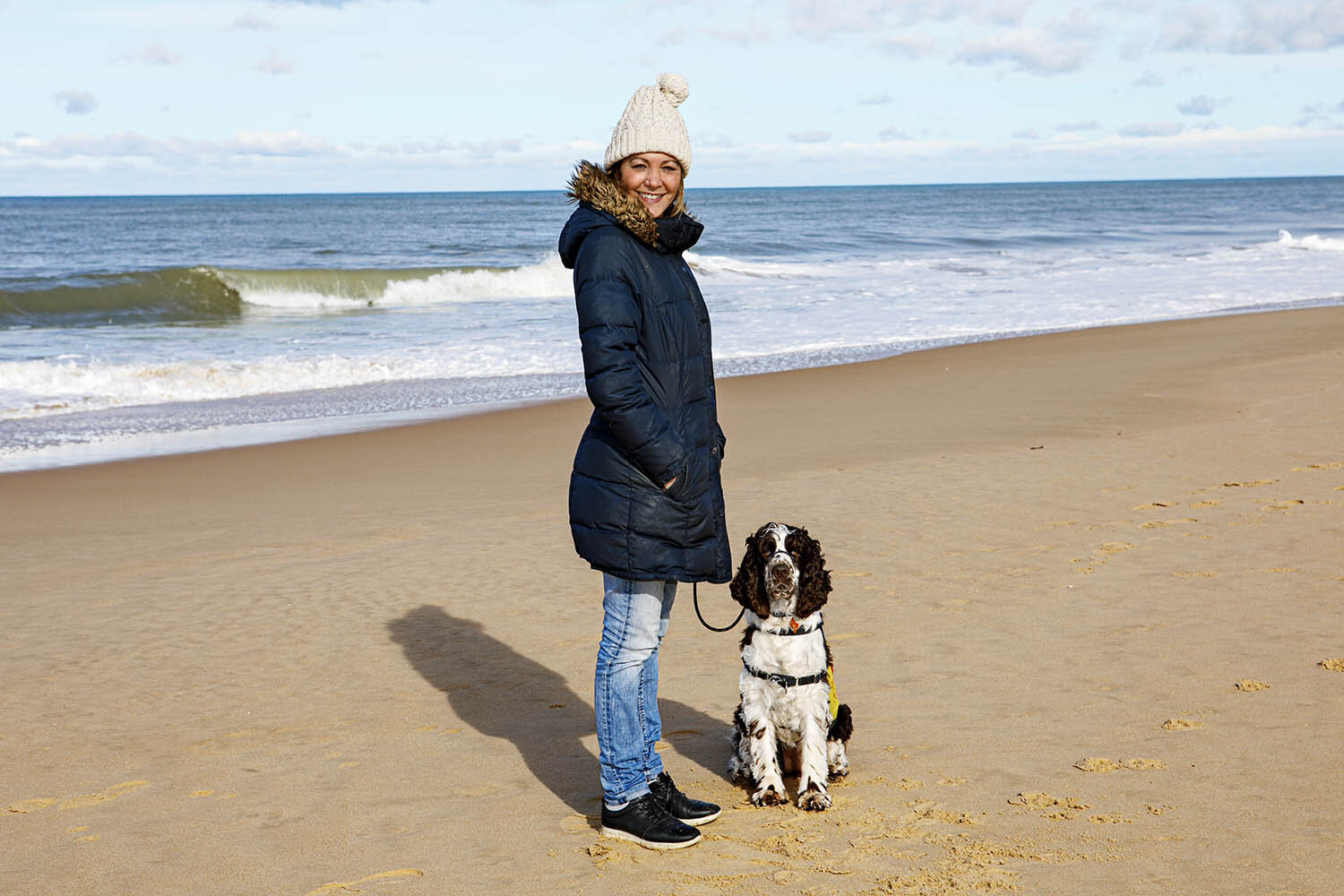Nyulla Safi
Army, Painter
Born in Montmartre, Paris, Nyulla is of French Australian descent. Her family moved to various countries during her childhood and, from this experience, she became fluent in many languages while developing a love of history. Nyulla also revelled in nature and challenged her body and her mind through martial arts, at which she excelled.
As a child, Nyulla’s future was always clear to her. All she wanted to do was join the army, choosing to enlist as soon as she finished school in Australia.
Sadly, her dream of serving became her nightmare. After serving for four years, she left the army with a bad back injury and Post-traumatic stress disorder (PTSD). Even though she has deep scars, Nyulla also remembers the incredible bonds she made in the military.
“I’ve never been able to find such strong friendships in the civilian world.”
Nyulla had no training in any visual arts. “In fact,” she says, “my high school art teacher had told me ‘You don’t have a single artistic bone in your body,’ and I’d believed her.”
Yet, after her discharge, from somewhere deep within, she turned to painting. Nyulla wanted something to pass the time at night when her anxiety made sleep impossible. She laughs as she recalls the first time this inspiration hit her.
“I went to a ‘two-dollar’ shop and spoke to a lovely woman there. I told her I needed painting materials. I had no idea what I needed. She guided me towards acrylic colours, a canvas and two brushes.”
Nyulla rushed home and began to paint. When she finished, as if coming out of a trance, she looked at the canvas.
“I said to myself, ‘It’s good. I love it. I’ll enter it into a competition.’ ”
Online, she found the Mission to Seafarers’ Maritime Art Prize and entered her painting. Nyulla was a finalist in the competition.
In the same year, her work attracted the attention of two publishers in London and she appeared in international art publications. A gallery in Rome also expressed interest in exhibiting her work during this time. She’s proud of what she has achieved and continues to paint from within.
“Life is my inspiration and, ultimately, that dictates my style. I generally paint when my emotions are most intense. My work is not beholden to one category or style. I feel that doing so would only limit my ability to express my passion, desires and inner turmoil. I still enjoy the surprises that appear on my canvases during, and when I finish, a piece of work.”
Just as Nyulla paints from a place of passion, she gravitates towards strong, deep colours. The turmoil in the sky and ocean are a constant inspiration for her. She finds that her work comes from strong emotions in her life, both positive and negative, and the colours she chooses reflect those feelings.
“For me, there is no such thing as a work day. It depends on when my hand and heart tell me they want to paint. I then go into my own interior landscape. I put on music. I block out completely. Something happens. When I’m painting, I feel like I’m tasting life, that I’m drinking it.”
Nyulla continues to paint from her heart and not from what she learns from others. She now paints with both oils and acrylics and sometimes uses both in one piece of art. She often paints on paper, as well as canvas.
“I don’t know the rules, so I don’t know if I’m breaking them,” she laughs.
Nyulla prefers the effect produced by a palette knife rather than brushes. She loves to slowly mix colours so that she can watch what new shade is produced.
Nyulla is keen to highlight the role that art has had in helping manage her illness. She believes that the number of nights a week that are interrupted by night terrors has halved since beginning to paint. She knows that it hasn’t cured her PTSD, but it has certainly diminished its impact and provided her with a future.
The Department of Veteran Affairs (DVA) has also been a constant support, and she states that they have not once let her fall.
Recently, she became part of their program to provide a support dog. Cuba, the Springer Spaniel, has enriched her life and expanded her horizons. With her, she has been able to leave the house and be near people. Even enjoying a coffee in a public space had not been possible before Cuba came into her life.
“She won’t betray me, and she makes me laugh,” Nyulla says.
“I want to tell people that I have PTSD. There’s nothing wrong with me. I’m still a person. I’m no longer a prisoner of my demons. I think there are a lot of veterans out there who are in my shoes. Who, like me, hesitate to reach out. I want to use my art to get people talking about PTSD.”
Today she has become Nyulla, the artist. She has become a fighter.




